In a groundbreaking move, the Minister of Tourism and Creative Economy, Sandiaga Uno, has unveiled plans to grant visa-free entry to 20 countries, aiming to elevate the quality of tourism in Indonesia. The selection criteria encompass visitor numbers, per capita income, length of stay, and expenditure during the visit, all expected to positively impact Indonesia’s economy.
Updates: This is just a plan based on the statement from the Minister of Economy Creative in Nov 2023. Currently eligible tourists still need to pay VOA (AUD$500) to enter Bali. Follow @balithisweek for more updates
The list of countries, including Australia, China, India, South Korea, the United States, the United Kingdom, France, Japan, the Netherlands, Russia, Taiwan, New Zealand, Italy, Spain, the United Arab Emirates, Qatar, and several Middle Eastern nations, is currently under discussion and proposal. Sandiaga emphasizes that the final decision will be made after receiving guidance from the President by the end of this year or early next year.
The primary goal of this visa-free initiative is to not only attract quality tourists but also to achieve the targeted international tourist arrivals of 9.5 to 14.3 million by 2024. Sandiaga reassures that this move does not imply that tourism in Indonesia is “cheap” but rather demonstrates Indonesia’s openness to visitors from any corner of the globe.
Sandiaga acknowledges that while culinary experiences and tourist destinations in Indonesia remain affordable, making tourism accessible to all, it ensures inclusivity and universality in Indonesia’s tourism landscape.
The economic projections of this visa-free policy are substantial. Sandiaga predicts additional revenue ranging from $20 to $25 billion, approximately Rp 388 trillion, over the next five to ten years. This estimation is based on the assumption that visitors from these 20 countries will spend over $5,000 during their stay.
Highlighting the potential impact, Sandiaga mentions that the prioritized entry points for these visa-free nations include Bali’s I Gusti Ngurah Rai Airport, Jakarta’s Soekarno-Hatta International Airport, and Batam, which, with its collaboration with Incheon, will become an accessible air gateway to Indonesia.
This visionary move, although not yet reciprocal, is expected to bring in high-quality tourists, significantly contributing to the nation’s economy. The conversation around the visa policy reflects Indonesia’s strategic efforts to balance economic growth with the preservation of its unique cultural and natural heritage.





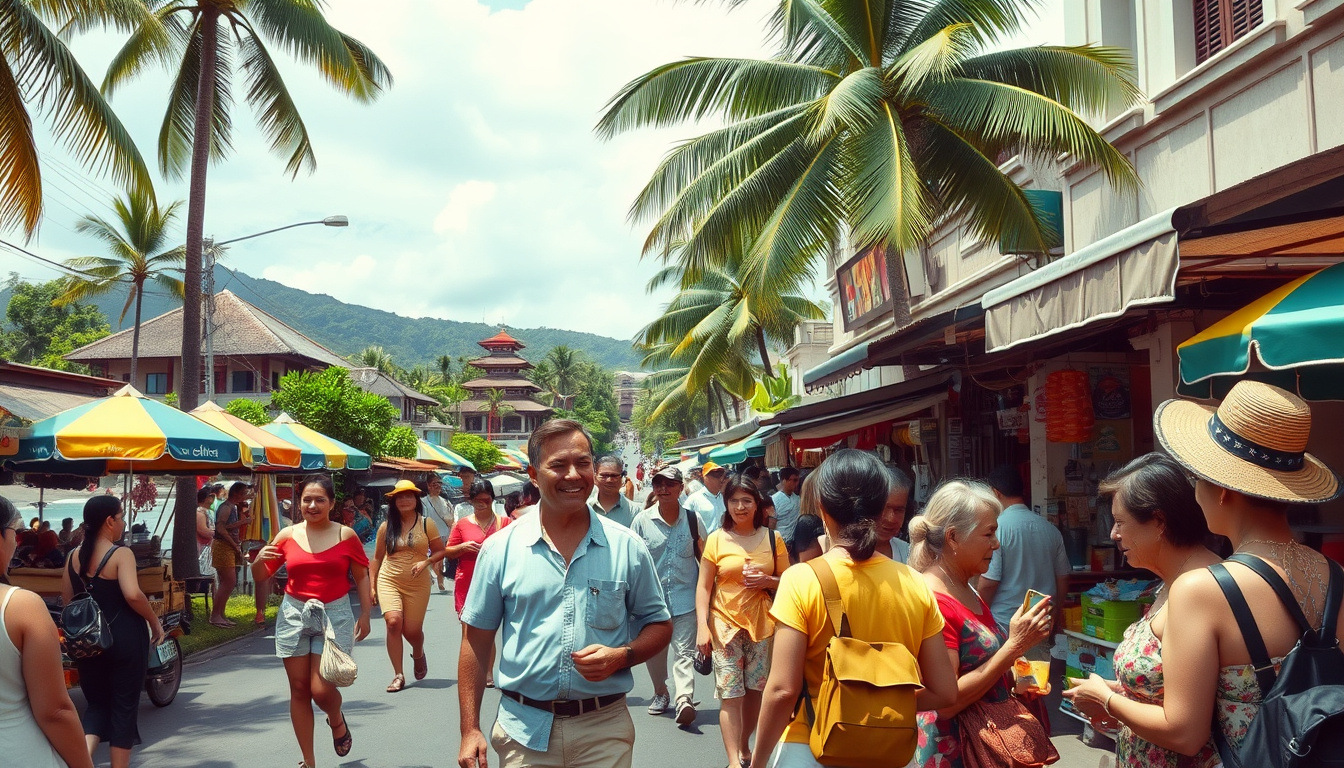
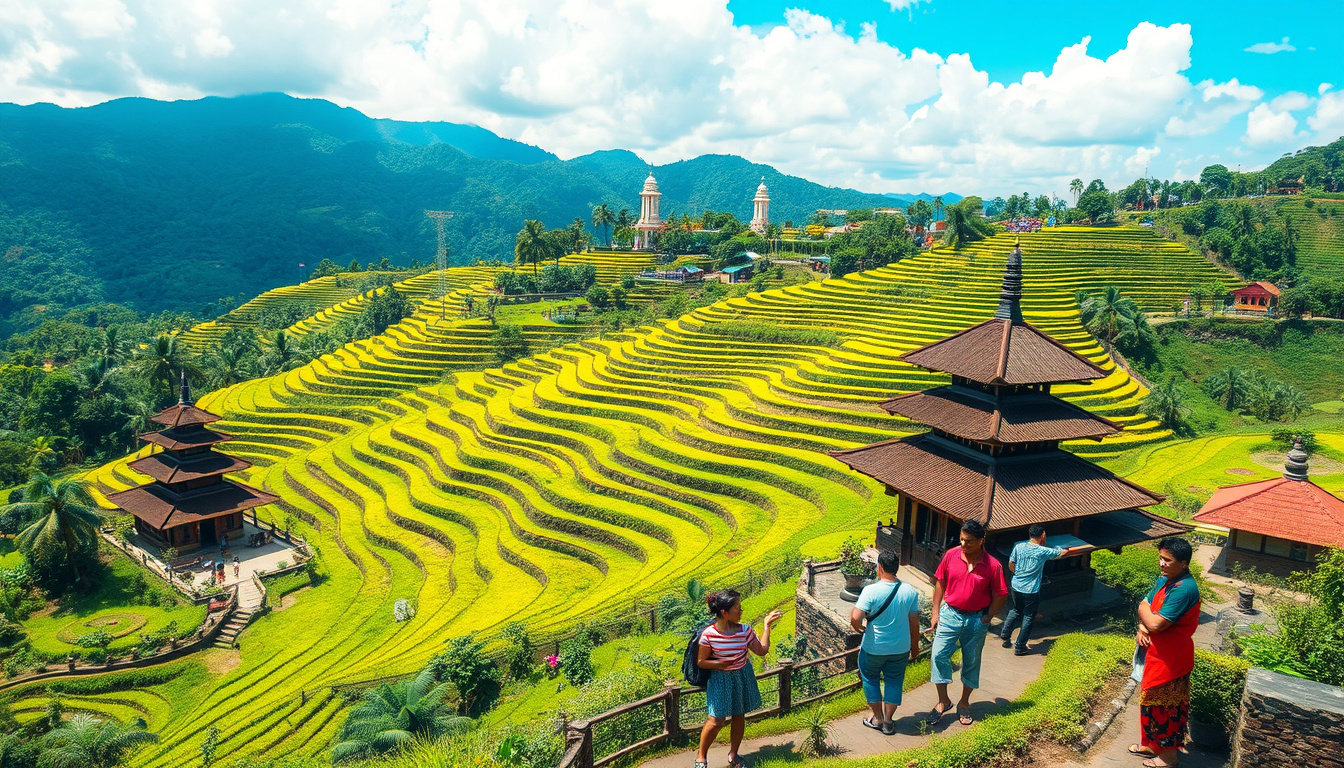


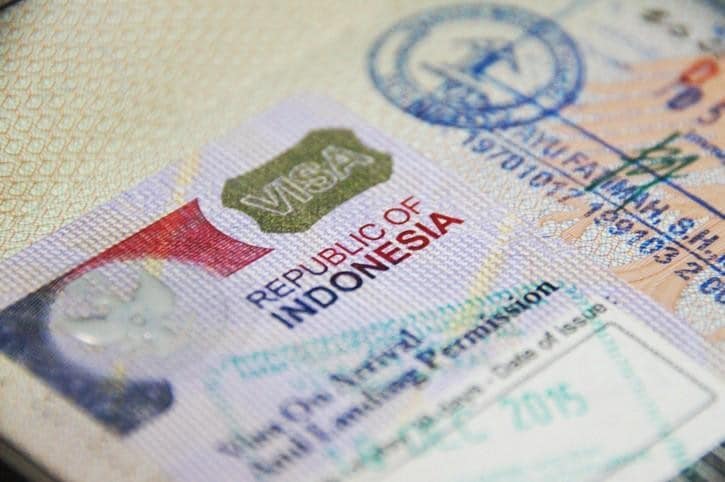
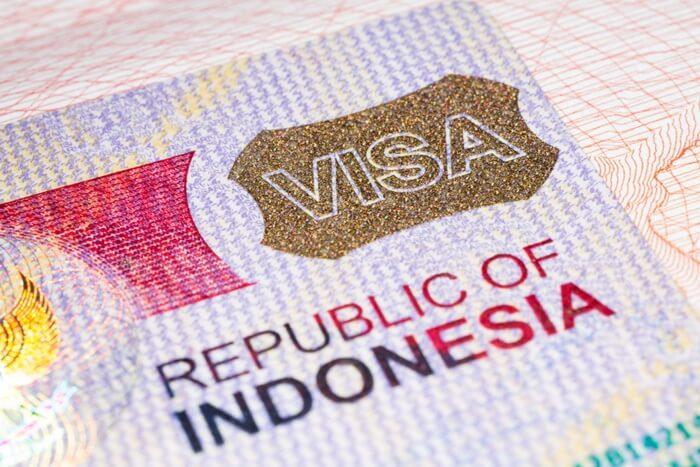
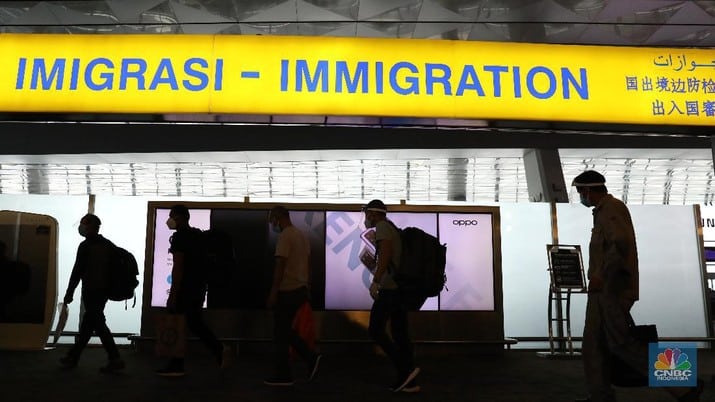
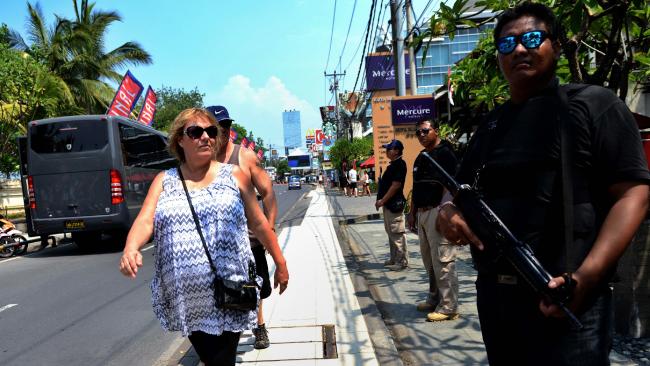
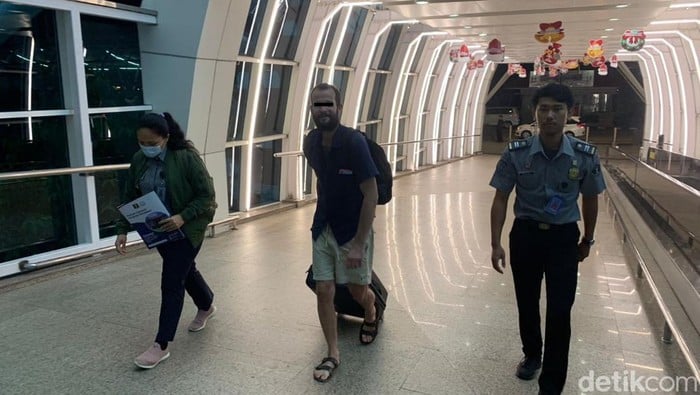



Add a comment